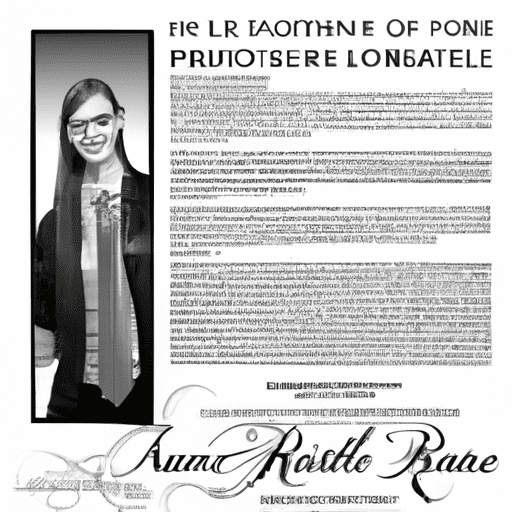The Length of Your Resume: How Long is Too Long?
Resume Length Best Practices
How long should a resume be?
With the uncertainty of the job market, having an updated resume that reflects your experience has never been more critical. As you update your CV, you may wonder how long your resume should be and what it should include.
While there is no hard and fast rule for how long your resume should be, there is helpful guidance based on your experience. The length of your resume depends on how long you’ve been working, the types of work you’ve done, and the jobs you’re applying for.
If you have 0-5 years of experience, having your resume be one page long should work best. The more concise, the better. Even if you have several jobs or have worked at different companies, you should consolidate your expertise onto a page.
For mid-level roles, with 8+ years of experience, you can choose to have a longer than one-page resume, further explaining your roles and responsibilities. However, many hiring managers prefer to see your qualifications on one page. You can cut out early-career, irrelevant experiences and focus on your more relevant roles.
In senior roles, you can increase the length of your resume. For senior leadership roles, you can opt for two to three pages. Anything longer than three pages will likely be ignored by recruiters.
Academic resumes differ from traditional resumes and should be longer than two pages to include all of your licenses, patents, or publications. It’s possible that your academic resume could be up to 15 pages long.
Resume Length Best Practices
Whether you need to add more information or cut down on what you already have, it’s good to look critically at your resume. Here are some resume-length best practices to help guide you in your revision process:
1. Only include the most relevant information. Cut down on unnecessary bullet points and redundant information. Be selective and focus on what is most important for the job you are applying for.
2. Be mindful of white space. Strike the right balance in formatting. Avoid double spacing and consider using a compact font. Keep things readable and pleasant to look at, ensuring there is enough spacing for the words to stand out.
3. Tailor your resume to the role you’re applying for. Include only relevant roles and descriptions. Take the time to carefully tailor your resume to highlight the skills, traits, and experiences that are most relevant to the hiring manager.
Getting Started
A well-crafted resume should be long enough to effectively outline your skills and qualifications, but not too lengthy or tedious. Typically, one to two pages will work for most job applications. Ultimately, the key is to strike a balance between depth and conciseness.
Remember to give your resume to a friend or mentor to get their feedback. Sometimes, a second set of eyes can help you ensure you’ve struck the right balance.

